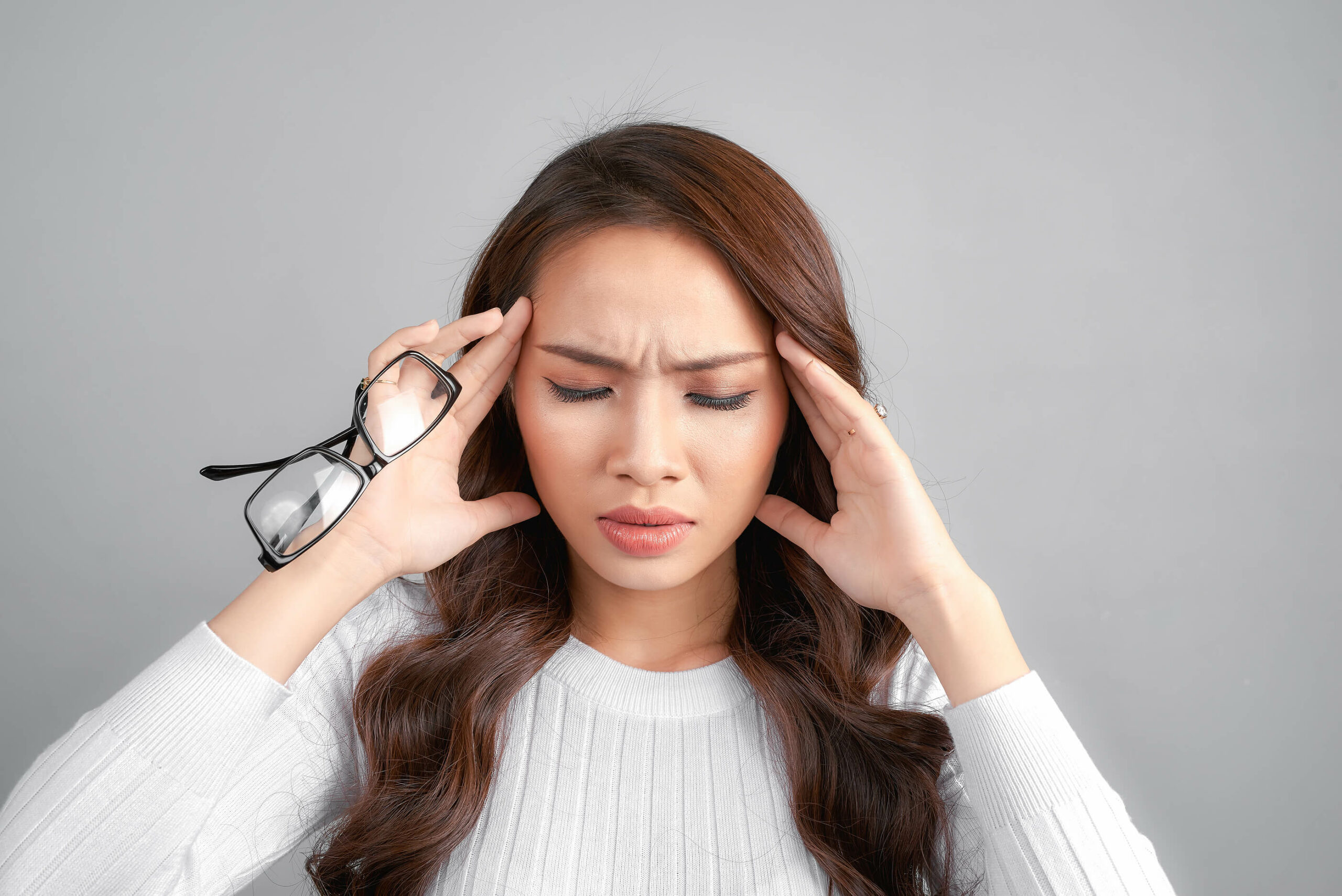Resnick Audiology
Impact on Balance and Spatial Orientation

Maintaining balance and spatial orientation is essential for navigating the world around us with confidence and ease. The vestibular system, located within the inner ear, plays a central role in balance and spatial orientation. This intricate system consists of fluid-filled canals and sensory receptors that detect motion and gravity. When functioning correctly, the vestibular system sends signals to the brain to help maintain posture, stabilize gaze, and coordinate movement. However, disruptions in this system, such as those caused by hearing loss, can lead to balance problems and spatial disorientation.
Understanding Vestibular Disorders
Hearing loss can be accompanied by vestibular disorders, which affect the function of the vestibular system and disrupt balance and spatial orientation. Conditions such as Meniere’s disease, vestibular neuritis, and benign paroxysmal positional vertigo (BPPV) can cause symptoms such as dizziness, vertigo, and unsteadiness. These symptoms can significantly impact daily activities and quality of life, highlighting the importance of addressing both hearing and balance issues.
Impact of Hearing Loss on Balance
Research has shown a clear link between hearing loss and an increased risk of falls and balance problems. Individuals with hearing loss may rely more heavily on visual and proprioceptive cues to maintain balance, leading to greater cognitive load and reduced postural stability. Additionally, hearing loss can affect spatial awareness, making it challenging to navigate crowded or unfamiliar environments. Addressing hearing loss is essential not only for improving auditory function but also for preserving balance and spatial orientation.
Managing hearing loss and vestibular disorders requires a comprehensive approach that may include lifestyle modifications, assistive devices, and rehabilitation exercises. Hearing aids, for example, can improve auditory input and reduce the cognitive load associated with hearing loss, thereby freeing up cognitive resources for balance and spatial tasks. Balance training exercises, such as tai chi and vestibular rehabilitation therapy, can help strengthen the vestibular system and improve postural stability.
Importance of Regular Hearing Health Exams
Regular hearing health exams are essential for identifying and addressing hearing loss and vestibular disorders early on. A thorough evaluation by a provider can assess auditory function, vestibular function, and overall balance. Based on the results of the exam, personalized treatment plans can be developed to address any underlying issues and improve balance and spatial orientation. Early intervention is key to minimizing the impact of hearing loss on balance and maximizing overall well-being.
By addressing hearing loss and balance issues proactively, individuals can enhance their quality of life and maintain independence and mobility as they age. With improved auditory function and postural stability, individuals can confidently engage in social activities, participate in physical exercise, and navigate their surroundings with greater ease and confidence. By prioritizing both hearing health and balance, individuals can enjoy a life filled with vitality and independence.
Hearing loss can have a profound impact on balance and spatial orientation, affecting our ability to navigate the world safely and confidently. By understanding the connection between hearing and balance, seeking regular hearing health exams, implementing strategies for maintaining balance, and prioritizing overall well-being, individuals can mitigate the effects of hearing loss on balance and spatial orientation, leading to a more fulfilling and active lifestyle.
